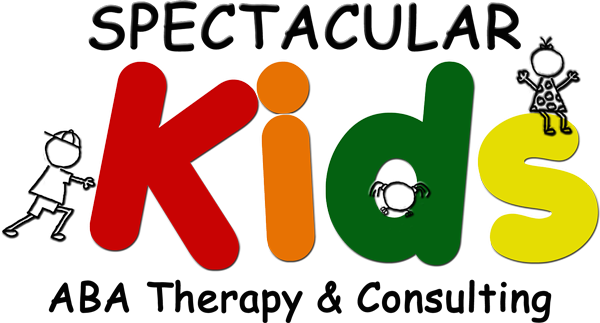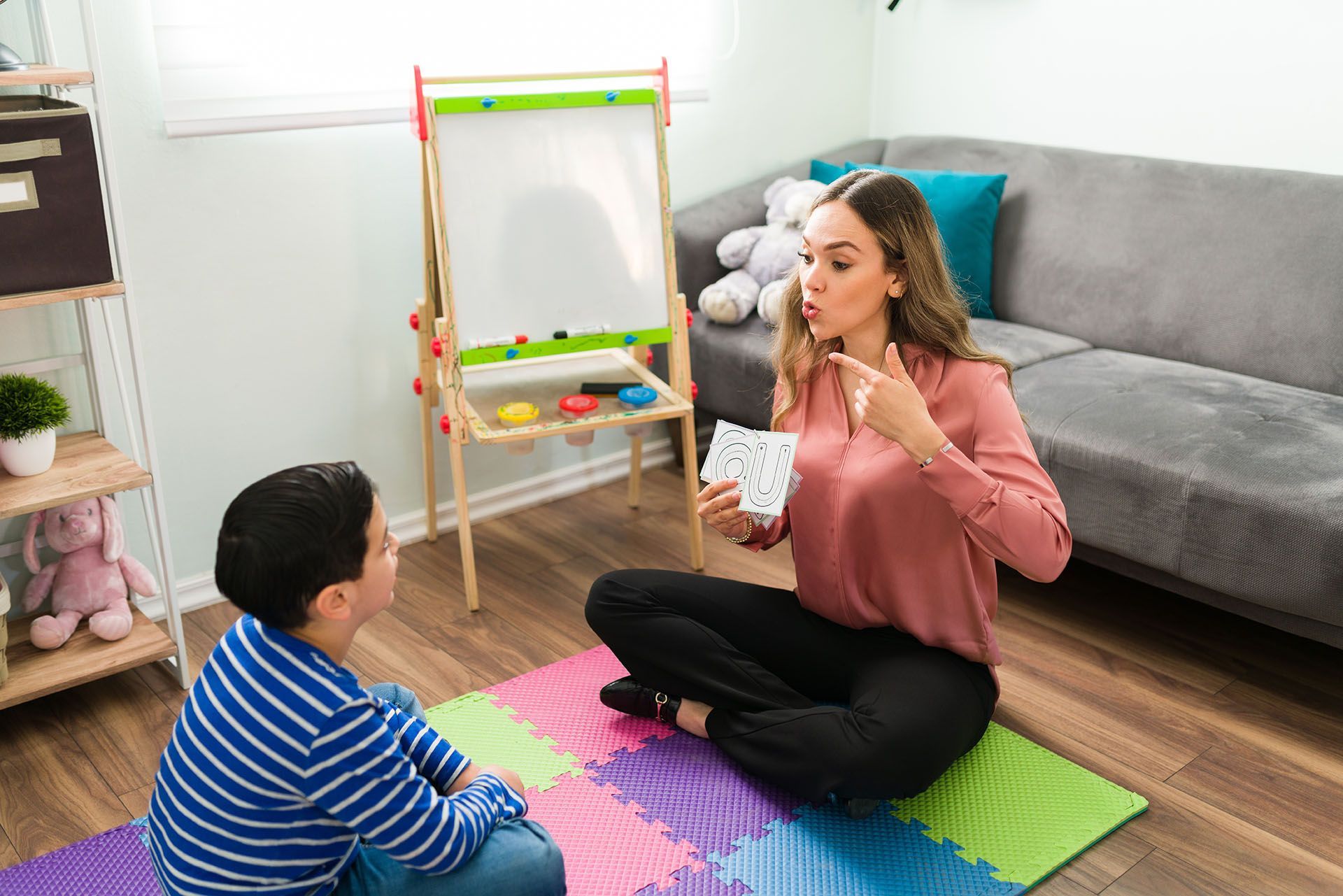Can ABA Therapy Services Be Beneficial to Anyone?
Applied behavior analysis (ABA) is a therapeutic approach that has garnered significant attention, particularly for its effectiveness in treating individuals diagnosed with autism. With its structured methodology and evidenced-based strategies, many parents and professionals alike wonder if ABA therapy services can extend their benefits beyond autism treatment, potentially helping a wider audience. Here, we will explore the broader applicability of ABA therapy and whether it can be beneficial to a larger demographic.
Behavior Modification
One of the primary strengths of ABA therapy lies in its core principles, which are universally applicable to behavior modification. The techniques employed in ABA, such as positive reinforcement, are not limited to those with autism. These strategies are effective in teaching new skills and behaviors to any individual seeking to develop better habits, enhance social skills, or improve their learning abilities. This broad applicability makes ABA an attractive option for general behavior enhancement.
Academic Applications
Many educators and parents find that ABA techniques support classroom management and improve academic behaviors. Techniques such as reinforcement, task breakdown, and systematic instruction can benefit any learning environment, making it easier for students to follow rules, stay engaged, and complete tasks. These strategies foster an inclusive educational setting, proving that ABA's advantages are not confined to clinical environments but are equally impactful in daily life and educational contexts.
Potential to Treat Various Conditions
According to Verywell Health, the number of people diagnosed with autism has rapidly risen over the last 30 years. This increase has prompted more extensive research into ABA, subsequently leading to its adaptation and implementation in other therapeutic areas. Specialized settings have shown promising results from ABA therapy principles when addressing various conditions. For instance, ABA methods have been used successfully in treating attention deficit hyperactivity disorder (ADHD) and other developmental disorders. Hence, ABA's expansion beyond autism treatment has had promising implications for mental health treatment at large.
While ABA therapy has its roots in autism treatment, its scope is far more extensive. Its foundational principles of behavior modification are applicable to a broad range of conditions and environments. As research continues to advance, ABA therapy's potential to benefit a wider audience becomes increasingly evident. ABA's versatility is its greatest asset, proving that it can indeed be helpful for a wide variety of individuals. If you think your child could benefit from
ABA therapy services, contact Spectacular Kids today.
Leave Your Comment
Recent Posts
NEED MORE INFO?
If your child was diagnosed with Autism Spectrum Disorder, find out how ABA Therapy might be able to help your family.

Our experienced team strives to offer a creative and engaging environment and the opportunity for children to learn, grow, and thrive.
Newsletter Subscription
We will get back to you as soon as possible.
Please try again later.
Quick Links
Our Contacts
Kingwood, TX: 2665 Royal Forest Dr., Suite B200, Kingwood, Texas, 77339
Missouri City, TX: 7435 Highway 6, Suite F, Missouri City, TX, 77459
Ph: (281) 713-8980
Email: [email protected]
Business Hours: Monday - Friday 8:00 a.m. - 5:00 p.m.

All Rights Reserved | Spectacular Kids ABA Therapy and Consulting, LLC | Website Design by True Digital Marketing





